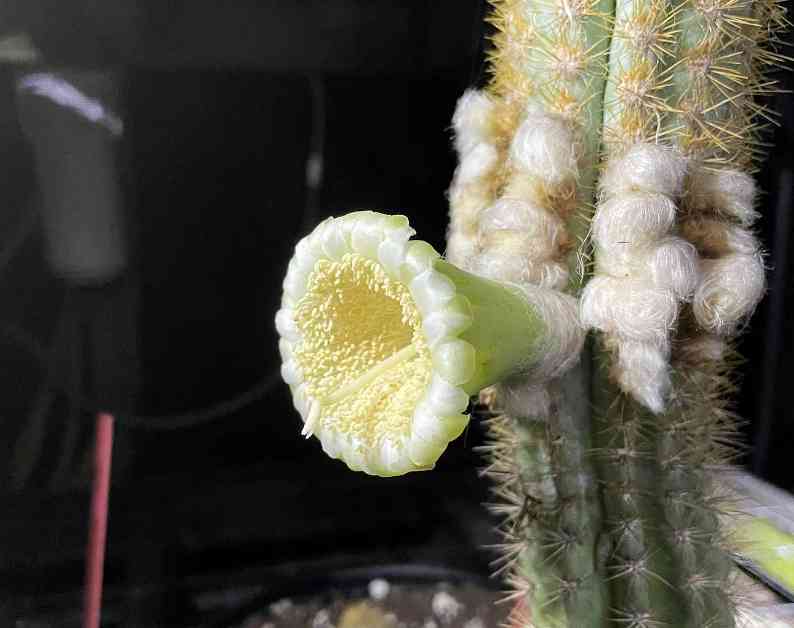A rare species of tree cactus has sadly become extinct in Florida, marking the first known extinction in the United States due to rising sea levels. The Key Largo tree cactus, scientifically known as Pilosocereus millspaughii, was only found in the Florida Keys and was first discovered in 1992. Over the years, researchers sporadically monitored the population, which faced challenges such as saltwater intrusion, soil erosion from storms and high tides, and being eaten by wild mammals.
The population of the Key Largo tree cactus significantly declined from 150 thriving stems to just six struggling fragments by 2021. The devastation worsened during Hurricane Irma in 2017, and despite efforts to relocate and cultivate the remaining plants off-site, the species could not survive the environmental changes. This extinction serves as a warning sign of how other low-lying coastal plants may respond to climate change in the future.
Although the Key Largo tree cactus is extinct in Florida, it still grows on a few Caribbean islands like northern Cuba and parts of the Bahamas. This unique population of the Key tree cactus can grow up to 6 meters tall, with cream-colored flowers that attract bats and vivid fruits appealing to birds and mammals. The Key Largo tree cactus has longer spines and thicker hair, giving it the appearance of being covered in snow.
Human-induced climate change is accelerating sea level rise through the melting of ice sheets and glaciers and the expansion of seawater. This poses a significant threat to low-lying coastal ecosystems, as seen with the extinction of the Key Largo tree cactus. The loss of this species highlights the urgent need for conservation efforts as the planet continues to warm.
Research conducted over the past 25 years in South Florida shows that more than one-in-four native plant species are critically threatened with regional extinction or are already extirpated due to various factors like habitat loss, over-collecting, and invasive species. Over 50 plant species have already disappeared, with four facing global extinctions. This information was published in the Journal of the Botanical Research Institute of Texas.
The extinction of the Key Largo tree cactus is a somber reminder of the immediate impact of climate change on our ecosystems. It prompts us to consider the future of other coastal plants and the importance of taking action to protect our biodiversity. As we continue to witness the consequences of climate change, conservation efforts become increasingly crucial to preserve our natural world for future generations.






